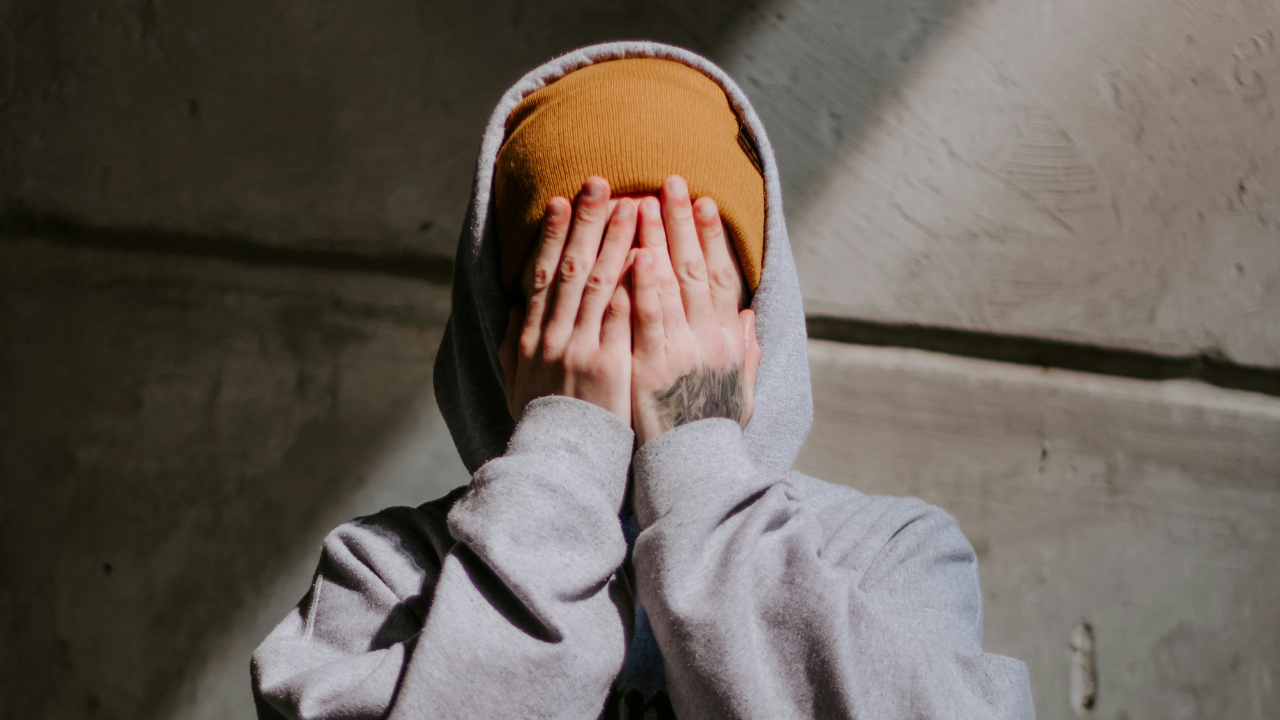From Concern to Control: The Struggles of Responsibility OCD
Apr 14, 2025
Responsibility OCD is a lesser-known but deeply distressing form of Obsessive-Compulsive Disorder. People living with this subtype experience intense anxiety about being responsible for preventing harm or making the "right" choices. This fear often leads to compulsive behaviors aimed at reducing the risk of making a mistake or causing something bad to happen. Let’s explore this condition in a structured and professional way.
What Is Responsibility OCD?
Responsibility OCD is a subtype of OCD where the primary fear centers around moral or personal responsibility. People with this condition often feel an overwhelming need to ensure that their actions (or even thoughts) do not cause harm to others or result in undesirable outcomes. The burden of responsibility is so heavy that even everyday decisions can become a source of extreme anxiety.
Unlike general anxiety or perfectionism, Responsibility OCD is marked by intrusive thoughts and compulsions. It goes beyond simply being cautious or conscientious—this is about living under constant fear of causing harm unintentionally.
Common Obsessions
Obsessions in Responsibility OCD are unwanted, repetitive thoughts that provoke guilt, shame, or fear. These can include:
-
Fear of making the wrong decision that could hurt someone
-
Fear of forgetting something important that leads to consequences (like leaving the stove on)
-
Fear of causing accidents, either directly or indirectly
-
Worries about moral or ethical failure, even in trivial matters
-
Thoughts of being a bad person if they fail to prevent harm
These thoughts are not aligned with the person’s values—in fact, they’re usually the opposite. That’s what makes them so distressing.
Common Compulsions
To neutralize these disturbing thoughts or prevent feared outcomes, people with Responsibility OCD perform compulsions. These might include:
-
Excessive checking, such as verifying appliances are off multiple times
-
Seeking reassurance from others about whether they did the right thing
-
Over-researching before making a decision, no matter how small
-
Confessing minor mistakes or perceived wrongdoings
-
Mental reviewing of past actions to ensure no harm was done
These rituals might provide short-term relief, but they ultimately reinforce the obsessive cycle.
The Impact on Daily Life
Responsibility OCD can significantly interfere with day-to-day functioning. People may struggle to complete simple tasks because of the time spent obsessing and checking. They may avoid situations where they could be "responsible" for something, such as driving, caring for others, or making decisions at work. Over time, this can lead to reduced independence, strained relationships, and a lower quality of life.
Differentiating Between Responsibility and OCD
It’s natural to feel responsible in life—we all worry about doing the right thing. But in Responsibility OCD, this feeling is amplified to an irrational degree. The fear is not proportionate to the actual risk. A person might worry for hours over a comment they made in passing, fearing it caused serious harm to someone emotionally. This kind of disproportionate worry, coupled with compulsive behavior, signals the presence of OCD rather than regular conscientiousness.
Managing Responsibility OCD
Effective treatment for Responsibility OCD usually involves:
-
Cognitive Behavioral Therapy (CBT), especially Exposure and Response Prevention (ERP), which helps individuals face their fears without performing compulsions.
-
Medication, such as SSRIs, may be prescribed to help reduce the intensity of obsessions and compulsions.
-
Psychoeducation, which helps sufferers understand their condition and reduce shame around their thoughts.
With the right support, people can regain control and live less burdened by fear and guilt.
Final Thoughts
Responsibility OCD is a painful and often misunderstood form of OCD. It stems from a desire to be good and do good but becomes distorted by fear. With awareness, understanding, and treatment, those who suffer from it can find relief and restore balance in their lives.















